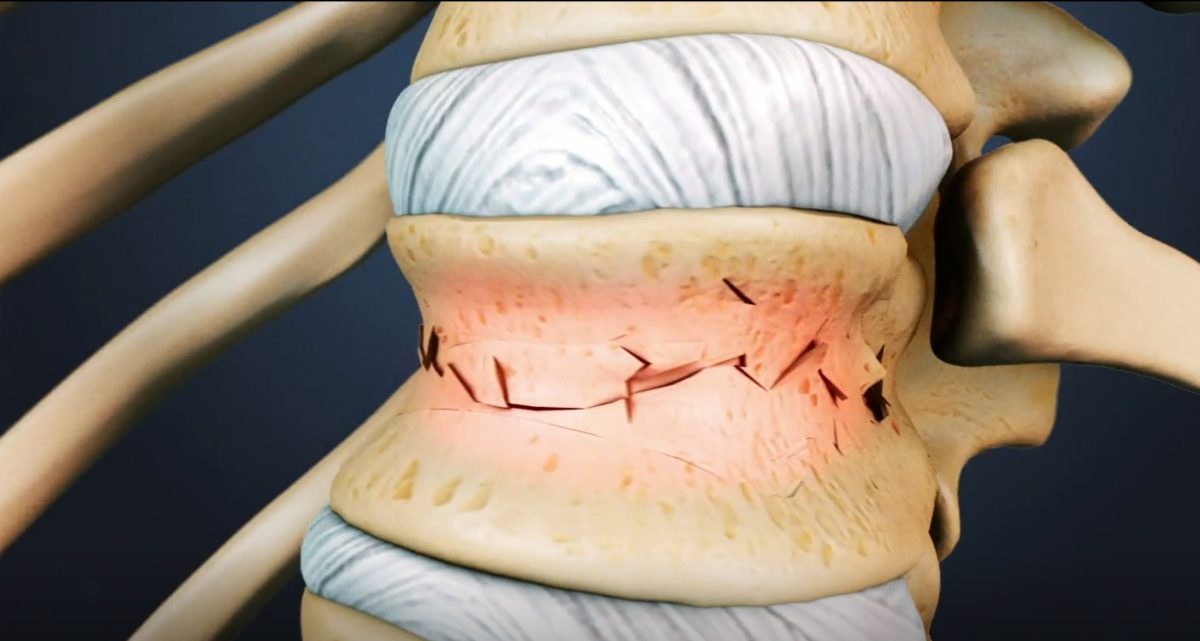Mar 04, 2025
The Role of Bone Density in Spine Surgery
Bone density plays a critical role in the success of spine surgery. If your bones are too weak, it can impact the choice of implants, surgical technique, and overall recovery. Patients with osteoporosis or low bone density face a higher risk of hardware failure, fusion complications, and prolonged healing times.
At Chesterfield Spine Center, Dr. Amit Bhandarkar recommends assessing bone density before undergoing spine surgery to ensure the best possible outcomes.
How Is Bone Density Measured?
Bone density is assessed using a DEXA scan, a painless imaging test similar to a CT scan. This test:
- Estimates the density and strength of your bones
- Compares your bone density to average values for your age group and younger adults
- Helps determine your risk of fractures and surgical complications
Who Is at Risk for Low Bone Density?
Certain groups of people are more likely to have low bone density, including:
- Adults over 65
- Postmenopausal women
- Smokers
- People on long-term steroid medications
- Individuals with vitamin D or calcium deficiencies
If you fall into one of these categories, checking your bone density before spine surgery is essential.
Why Bone Density Testing Matters for Spine Surgery
Your surgical plan may be completely different depending on your bone density. Weak bones require additional fixation, different implants, or even medical intervention before surgery. Here’s why:
1. Certain Implants Require Minimum Bone Strength
- Some surgical implants and screws need a minimum level of bone density to function properly.
- If your bones are too weak, alternative fixation techniques or bone-strengthening treatments may be needed.
2. Higher Risk of Fusion and Hardware Complications
- Low bone density increases the risk of failed fusion, implant loosening, and fractures.
- Patients with osteoporosis may need additional support to ensure proper healing.
3. Bone Density Can Be Optimized Before Surgery
- Even if your bone density is low, it can often be improved before surgery.
- This does not usually delay surgery, but modifications in hardware or technique may be necessary.
- If needed, you may be referred to an endocrinologist or primary care doctor for bone health optimization.
How to Improve Bone Density Before Surgery
If your bone density is low, early intervention can help strengthen your bones before surgery. Some key strategies include:
1. Vitamin D & Calcium Optimization
- Vitamin D deficiency affects nearly 40% of adults in the U.S. and can negatively impact bone health and fusion success.
- Low vitamin D levels can be corrected with supplements to improve bone density and enhance surgical outcomes.
2. Medications to Strengthen Bones
Teriparatide (Recombinant Parathyroid Hormone)is often prescribed before and after surgery to:
- Accelerate bone fusion
- Reduce hardware-related complications
- Improve overall bone strength
3. Lifestyle & Nutrition Adjustments
- Increase calcium intake through dairy, leafy greens, or supplements.
- Exercise regularly to improve bone density and muscle strength.
- Quit smoking and reduce alcohol consumption, as both can weaken bones.
Prioritize Bone Health Before Spine Surgery
If you’re considering spine surgery, ensuring strong bones is crucial for a smooth recovery and long-term success. Dr. Amit Bhandarkar at Chesterfield Spine Center provides comprehensive spine care, including pre-surgical bone density evaluations and treatment plans tailored to your needs.
Schedule Your Consultation Today to discuss your bone health and spine surgery options.
